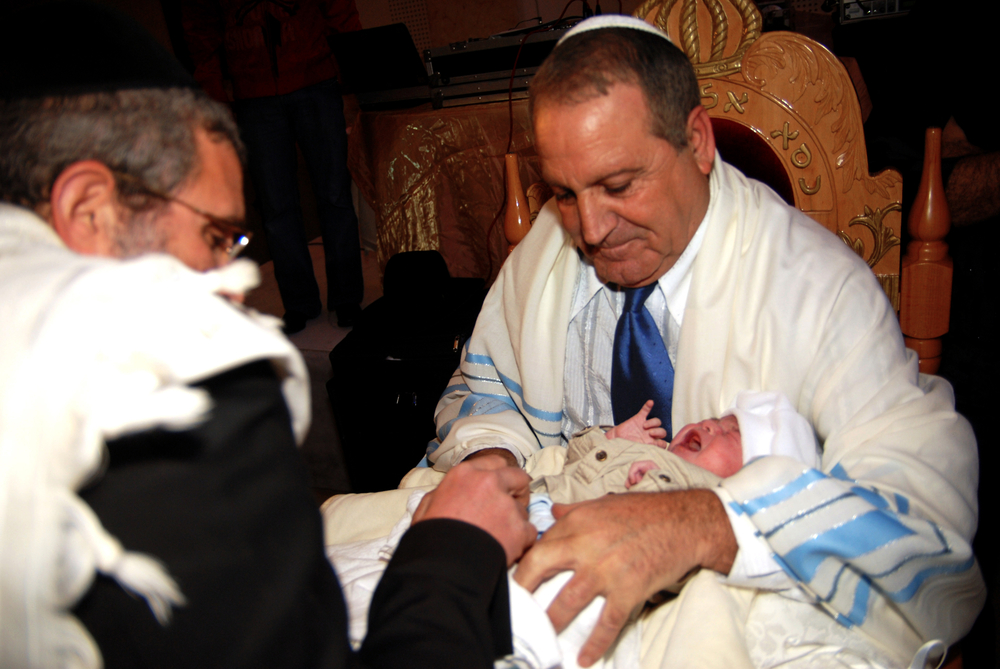To Bang . . .
In many communities, there is a custom to bang or make loud noises at the mention of Haman’s name while Megillas Esther is being read on Purim. The original custom was for children to draw Haman’s face or to write his name on stones or pieces of wood. During the Megilla reading, the children would bang the stones or pieces of wood against each other at each mention of Haman’s name, thus “erasing” his name [1]. Over time, the custom evolved so that we now bang and make noise in general to drown out the name of Haman, and not specifically using stones or pieces of wood.
The Chasam Sofer [2] suggests that while we are commanded to erase the memory of Amalek, that memory can never fully be erased. We cannot help but remember Amalek at every time and in every place it is mentioned, and not just in Megillas Esther. The result is that even after the Final Redemption, the holiday of Purim will remain [3], so that ultimately the memory of Amalek will always remain. The reason we bang and make noise then, is not to erase the name, but to show that we do not want to hear the name Amalek.
Chachmas Shlomo (see Orach Chaim) says that normally we do not curse a king whose name is mentioned in a פסוק (verse) if, in that פסוק, the king is still alive. To this end, Rav Berechya [4], upon reading asher heglah Nevuchadnetzar (when Nevuchadnetzar exiled), would say Nevuchadnetzar shechik atzomos (Nevuchadnetzar pathetic bones), because this is the only place where Nevuchadnetzar is mentioned as deceased. Haman, on the other hand, being a commoner, we can curse at any mention of his name. Now, in practice, to say sheim reshoim yerokeiv (the name of evildoers should rot) in the middle of the Megilla reading would be an interruption (see Shaar HaTziyun), so instead we bang.
Taamei Haminhagim (876) adds that when we curse Haman or mention his name and bang, Hashem causes the bangs to be physically felt and experienced as great pain, because every Jew in history—even long after Haman’s time—has, in a sense, experienced the Purim miracle themselves. Had Haman been successful, G-d forbid, we wouldn’t exist in this world, therefore those born after Haman’s downfall must also cause him pain. For this reason, Hashem made it so that Haman feels the banging we do at the mention of his name during the Megilla reading.
. . . Or Not to Bang
Some communities have an established custom specifically not to bang at the mention of Haman’s name. One reason for this is that banging can cause confusion, so that the reader can’t tell where he left off, or from where he needs to continue, and so forth. [5] Another reason not to bang is that pausing for more than a breath is considered an interruption [6]. Finally, some say that banging is bothersome for the congregation because it lengthens the reading [7]. Jonathan E. Cohen offers the following summary of the Sephardi custom as it is observed in London:
Although it is a time honoured custom in many synagogues, both Ashkenazi and Sephardi, to make a noise during Megilla reading when Haman’s name is mentioned, and in some cases to be rather noisy and frivolous throughout the service, this has never been the case in S&P [Spanish
& Portuguese, A.G.] congregations, where “gravidade” [gravitas, A.G.] has always been an overarching value.
It is ironic that one of the first innovations of the Hamburg Reform Temple was doing away with banging at the name of Haman, as they considered doing so to be indecorous. They may have borrowed this idea from the Spanish-Portuguese custom, albeit for the wrong reasons. Indeed, perhaps in part as a response to Reform innovations, G-d forbid, Khal Adath Jeshurun, a congregation in Washington Heights founded by German Jews primarily from Frankfurt is vigilant to bang, and not only at the recitation of Haman’s name but by that of Zeresh, as well [8].
[1] Rama O”C 890:17 based on Mishlei 1:7 and Shmos 17:14. See also Levush (OC there) and Mateh Moshe 10006 where other reasons are suggested by way of allusion
[2] Shu”t Milei d’Avos vol. 3 #13
[3] The status of Jewish Festivals after the Final Redemption is beyond the scope of this discussion, but all seem to agree that Purim will still be observed.
[4] Yerushalmi end of first chapter, Maseches Megilla
[5] Pri Megodim OC see #23
[6] Based on Mogen Avrohom see #17
[7] In Telz there is a specific focus to finish banging quickly for this reason. (Minhagim of Telzer Yeshiva, Schapiro, 2013, Purim Eve)
[8] The entire paragraph here is based on conversations with Mendy Meyer and Sidney Strauss. Perhaps the decision to bang for Haman and Zeresh specifically is due to their mention by name in the liturgical song that many congregations say or sing following Megilla reading). Banging at the names of Haman and Zeresh would seem to predate the Reform movement as the custom is already discussed by early rabbinic authorities; the vigilance and insistence on adhering to this custom may be, in part, a response to Reform.
Submitted by Alexander Grinberg


